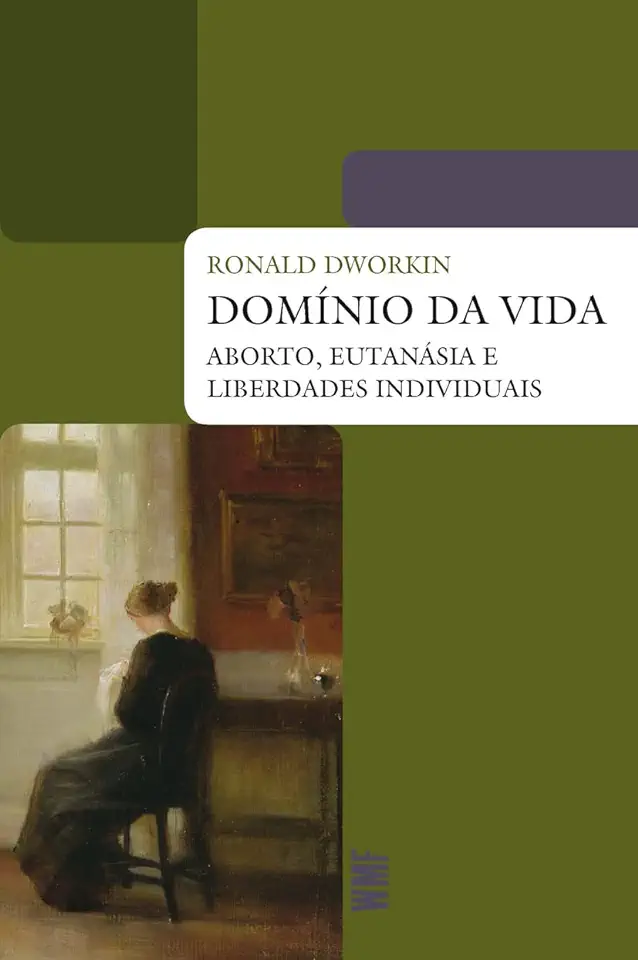
Life's Dominion: An Argument About Abortion, Euthanasia, and Individual Freedom
Life's Dominion: An Argument About Abortion, Euthanasia, and Individual Freedom
In his provocative and controversial book, "Life's Dominion: An Argument About Abortion, Euthanasia, and Individual Freedom," Ronald Dworkin argues that the right to life is not absolute and that individuals should have the right to make decisions about their own lives, including the decision to end their lives.
Abortion
Dworkin argues that the right to life of a fetus is not as strong as the right to life of a fully developed human being. He argues that a fetus is not a person in the same sense that a fully developed human being is, and that therefore the state does not have the same obligation to protect the life of a fetus as it does to protect the life of a fully developed human being.
Dworkin also argues that the right to life of a fetus is not absolute, and that there are some circumstances in which it is justified to abort a fetus. For example, he argues that it is justified to abort a fetus if the pregnancy poses a serious risk to the life or health of the mother, or if the fetus has a serious medical condition that will make its life unlivable.
Euthanasia
Dworkin argues that individuals should have the right to end their own lives if they are suffering from a terminal illness or if they are in great pain and have no hope of recovery. He argues that the state should not have the power to prevent individuals from making this decision, and that individuals should be allowed to die with dignity and on their own terms.
Dworkin also argues that the right to euthanasia is not absolute, and that there are some circumstances in which it is not justified. For example, he argues that it is not justified to euthanize a person who is not competent to make the decision, or who is being coerced into making the decision.
Individual Freedom
Dworkin argues that the right to life is not the only important right that individuals have, and that the state must also respect other important rights, such as the right to liberty and the right to privacy. He argues that the state should not have the power to make decisions about individuals' lives without their consent, and that individuals should be free to make their own choices about their own lives.
Conclusion
Dworkin's book is a powerful and provocative argument for individual freedom and the right to make decisions about one's own life. He argues that the right to life is not absolute, and that individuals should have the right to abort a fetus, to end their own lives, and to make other important decisions about their own lives. Dworkin's book is a must-read for anyone interested in the ethics of abortion, euthanasia, and individual freedom.
Why You Should Read This Book
"Life's Dominion" is a must-read for anyone who is interested in the ethics of abortion, euthanasia, and individual freedom. Dworkin's arguments are clear, concise, and persuasive, and he does an excellent job of defending his position against opposing arguments. This book is a valuable contribution to the literature on these important issues, and it is sure to challenge and provoke readers.
If you are interested in learning more about the ethics of abortion, euthanasia, and individual freedom, then I highly recommend that you read "Life's Dominion." This book is a valuable resource for anyone who is interested in these important issues, and it is sure to challenge and provoke readers.